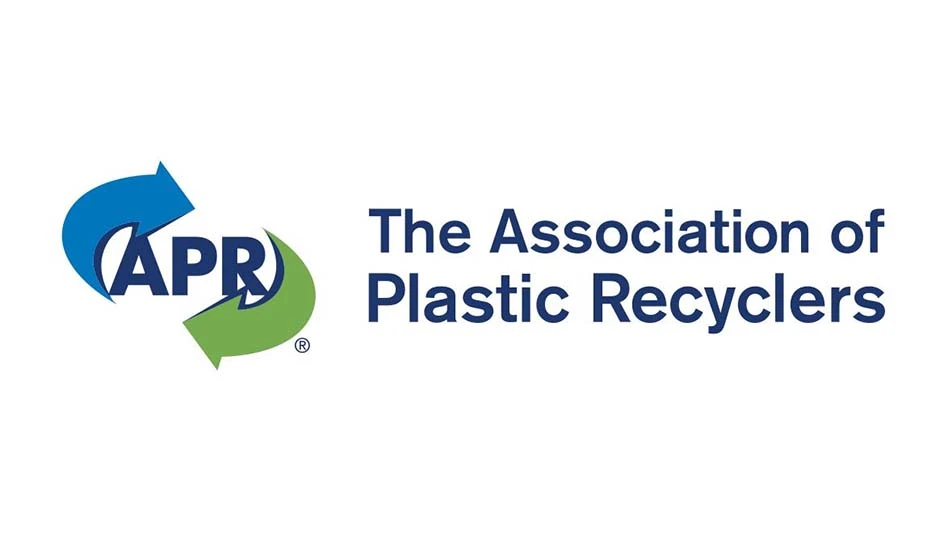
Image courtesy of The Association of Plastic Recyclers
The Association of Plastic Recyclers (APR), Washington, recently announced six new packaging components eligible for its Preferred Design Recognition (PDR) program, formerly known as Meets Preferred Guidance (MPG). The organization says this program provides third-party validation ensuring products are compatible with the North American recycling system and have achieved preferred status according to the APR Design Guide for Plastics Recyclability.
The newly eligible packaging components include:
- polypropylene (PP) base resins;
- direct print for PP packaging;
- closures, fitments and liners for PP containers;
- complete and unprinted label constructions for PP packaging;
- PP containers, bottles and rigid packages; and
- PP packaging constructions
The APR says further expansion of the program will include polyethylene terephthalate (PET) and colored high-density polyethylene (HDPE) containers and packaging constructions, as well as categories for natural HDPE packaging and PE films. A complete list of current and upcoming recognition categories are available here.
“Since its inception over 20 years ago, APR Design recognition has reviewed and recognized packaging from more than 120 companies, leading to the mainstream adoption of impactful innovations that improve the recyclability of plastic packaging and reduce plastic waste,” says Ruben Nance, APR’s Preferred Design Recognition program director. “The expansion of APR’s Preferred Design Recognition program will save time, effort and resources needed for brands and retailers to easily identify recyclable packaging solutions.”
There are three paths to APR Design recognition, depending on the item being submitted: preferred design, critical guidance and responsible innovation. All lead to the same level of recognition, the APR says, signifying that product has met the highest criteria for recyclability according to the APR Design guide.
For component and packaging manufacturers, the APR says the program rewards the investment required to solve recycling challenges and replace problematic items. For brands and retailers, the organization adds the program provides confidence and reduces risk when making claims and complying with voluntary or legislative sustainable packaging requirements. The program also is designed to help increase the supply postconsumer recycled content (PCR).
Latest from Recycling Today
- ReMA urges open intra-North American scrap trade
- Axium awarded by regional organization
- China to introduce steel export quotas
- Thyssenkrupp idles capacity in Europe
- Phoenix Technologies closes Ohio rPET facility
- EPA selects 2 governments in Pennsylvania to receive recycling, waste grants
- NWRA Florida Chapter announces 2025 Legislative Champion Awards
- Goldman Sachs Research: Copper prices to decline in 2026





